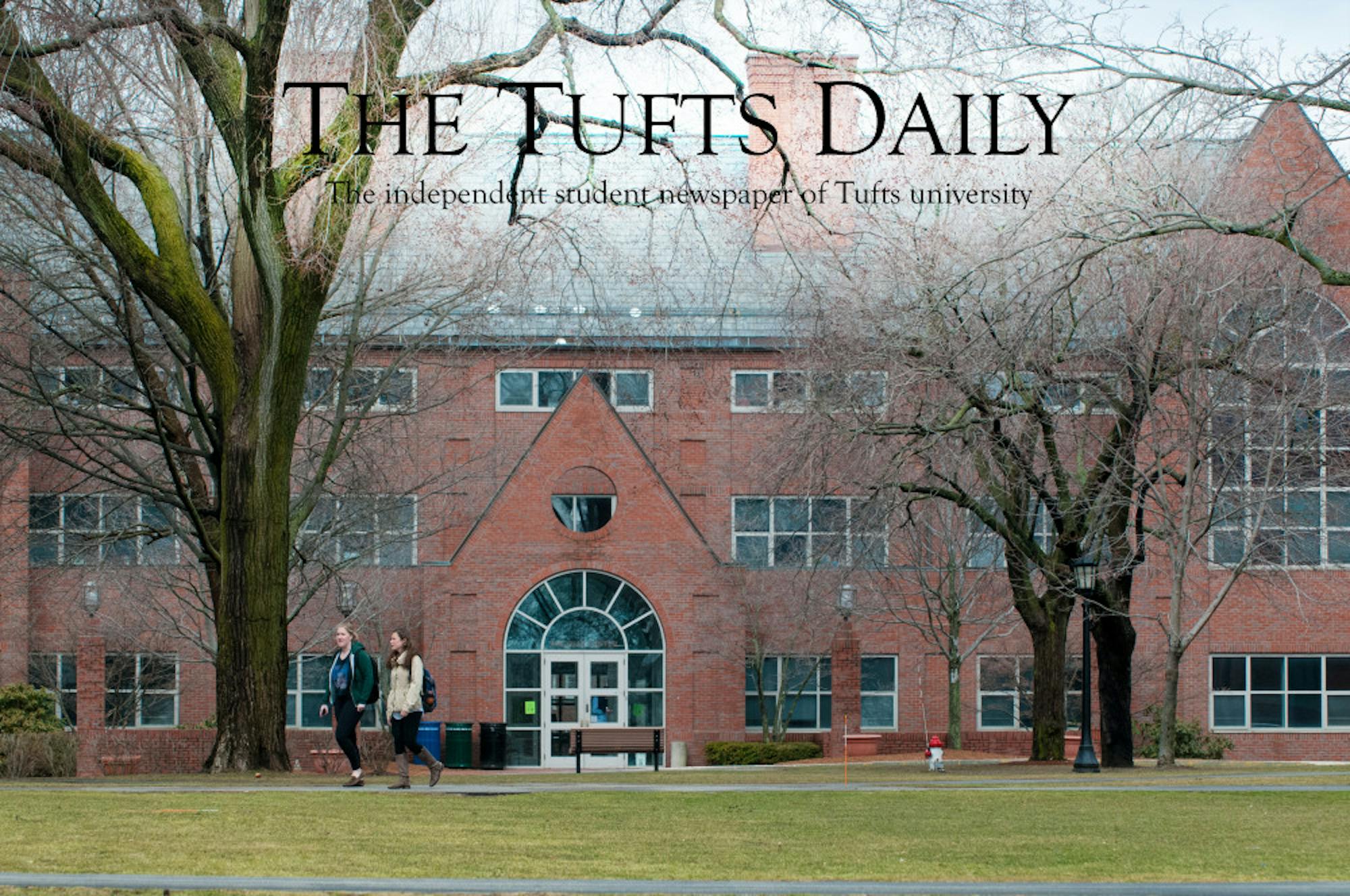Every vote counts. Seriously. You may not know it, but all students have the opportunity to vote today on a variety of referenda, which, if adopted, will reform the operations of the Tuft Community Union (TCU) Senate in ways that benefit all students on campus. Though the ballot measures discuss an array of issues (you can read all about them at ecom.tufts.edu/referenda), one of the most pressing and important of these petitions seeks to eliminate personal financial contributions to TCU presidential campaigns. Though this issue may seem miniscule in comparison to others at Tufts, its existence impacts the composition of our student government by limiting who can and cannot afford to run for office. By voting in favor of this referendum today, we can collectively make a statement about how we desire a more representative, more connected TCU government that embodies the spirit of economic equitability and equal opportunity that we strive to espouse as a university.
Truthfully, most students know little to nothing about the TCU Senate outside of its role as allocator of the student activities fee. Though the Senate does not have the ability to directly change university policies, it does possess a certain political capital that lends legitimacy to its opinions and statements in the eyes of the administration. This year alone, senators have written formal resolutions addressing sexual assault policy, academic advising and pedestrian safety that have each received some degree of credibility from university officials who value the opinions generated by an elected body of student representatives. This political capital is only increased with the role of the TCU president the only representative elected by the entire student body. In addition to presiding over the Senate as a whole, the president frequently meets with university officials, including University President Anthony Monaco, to discuss issues that impact the day-to-day lives of students. The President sits on a variety of university committees and serves as the official student voice during discussions about academics, facilities, extracurricular life, tuition, the alcohol policy, the non-discrimination policy the list goes on and on.
Unfortunately, the current rules that govern presidential campaigns at Tufts severely restrict who can viably run as a candidate based on ones ability to pay out-of-pocket and financially supplement the campaign grants already provided by the Tufts Elections Commission (ECOM). In the campaign culture of a university that promotes free giveaways, dozens of T-shirts and sidewalks covered with rainbow chalk, expenses add up quickly, and the opportunity to tap in to ones personal reserves of money grows increasingly essential in order to adequately compete. But the ability to spend two or three hundred dollars of ones personal savings (or those of ones parents, as is often the practice) is not a feasible reality for many Tufts students. Nearly 52 percent of Tufts students receive some sort of financial aid, often in the form of grants or government loans, and 10 percent of our community qualifies for federal Pell Grants, meaning that their families earn less than $40,000 annually. In addition to the demands of heavy course loads, many students work jobs both on and off campus to help pay for tuition, private loan interests, textbooks and personal expenses that arise throughout the semester.
The economic diversity of our community truly enriches our academic and social lives as we continuously learn from each others different challenges and experiences. But in praising the vibrancy of our campus as the home of people of different races, classes, cultures and regions of the world, we must also recognize that the needs of each student are uniquely intertwined with his or her personal identity. If we are to truly advocate for a more representative student government one that speaks to relevant issues and represents all aspects of the student experience we must remove any financial barrier that bars students from seeking office. Granted, the choice to run for TCU president involves the weighing of opportunity costs and time commitment on a personal level, and this may dissuade potential candidates from running in the first place. That said, as a community that strives for equal opportunity, we must not allow our class distinctions to define who represents us in the highest student elected office.
Perhaps in the future we should restructure TCU presidential elections in a larger, more effective manner. Today, however, we have the unique opportunity to stand together and cast our ballots for a more equitable TCU government. By voting to eliminate personal campaign contributions, we will enable the most dynamic and qualified of our peers to run for election, regardless of their social or economic class. We each deserve a TCU president who wins an election on experience and ideas, not just on the ability to fundraise beyond the grants provided by ECOM. I invite each of you to join me today in voting in favor of this referendum to end personal campaign contributions to TCU presidential elections.
--
Joe Thibodeau is a junior majoring in international relations. He can be reached at Joseph.Thibodeau@tufts.edu.






